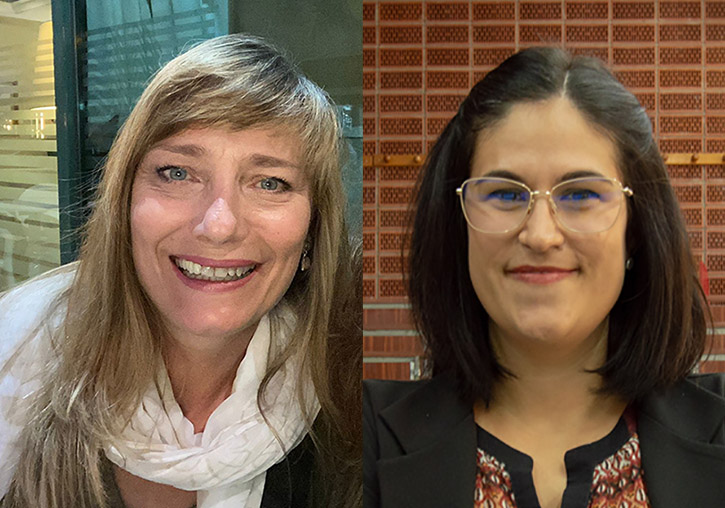Alternative medicine loses the support of the main Spanish newspapers
- Scientific Culture and Innovation Unit
- November 30th, 2022

Researchers Lorena Cano Orón (University of Valencia) and Emilia H. Lopera Pareja (Energy, Environmental and Technological Research Centre) highlight that the media have changed from a mainly favourable attitude towards alternative medicine, a series of practices deviant from integrated medicine in the western health system, to another more sceptical. The new vision publishes more articles with a critical perspective, according to a study that analyses the evolution of media opinion in Spain about these practices, from 1979 to 2018. It highlights how this scepticism has increased notably in the last three years of the study.
The research analyses the position on alternative medicine in seven Spanish newspapers (El Confidencial, Eldiario.es, El País, El Mundo, La Vanguardia, ABC and 20 Minutos) during a period of 40 years (1979-2018). The articles studied have shown the sudden change in attitude towards alternative medicines and, as the authors affirm, the industry itself associates this change in public opinion with a loss of profits in the sale of homeopathic products in Spain. At present, these therapies are pointed out mainly as a scam by the media and as a threat to the health of patients, since they have not demonstrated scientific evidence and professionals warn that they can even have side effects and delay the arrival of a conventional medicine treatment.
“We had detected this change in treatment in previous studies and that is why we wanted to analyse the 40 years of democracy that we had at that time to be able to detect possible changes in opinion over time on the subject. We expected to have found different trends according to different periods, but surprisingly, the sceptical perspective is a relatively recent phenomenon and has established itself quite quickly, as the study shows”, highlighted Lorena Cano Orón, a researcher at the Department of Theory of Languages and Sciences at the Communication of the University of Valencia.
In the last two years of the study, the increase in media interest on the subject can be seen; in fact, 40% of the articles published since 1979 focus on this period. The change is not only in quantity but also in the positioning of the discourse, which is evident when it is verified that terms such as “natural” and “alternative” are losing presence and are replaced by critical terms, such as “pseudoscience” and “pseudomedicine”.
The research divides the articles analysed into three periods according to their positioning, 1979-2009, 2010-2015 and 2016-2018. Regarding the difference in the evaluative discourses between the first and last period, a reduction in the positive vision of alternative medicine can be seen, which goes from 52.5% to 12.5%. Neutrality also suffered a drop, but less resounding, from 45.2% to 28.6%. On the contrary, the negative view shows a very marked rise, from 16.5% to 67.8%.
In the period from 1979 to 2015 there is a much lower presence of articles on alternative medicine, which did not encourage the questioning of these practices or a critical look on the part of the population. Instead, this current scepticism has fostered debate and political awareness, and has called into question what position these remedies should occupy.
Article: Lopera-Pareja, E. H., & Cano-Orón, L. (2022). «Media’s portrayal of CAM: Exploring 40 years of narratives and meanings in public discourse». Journalism, 23(10), 2171–2191. https://doi.org/10.1177/1464884920985407
File in: Investigació a la UV , Oferta científico-tecnològica , Facultat de Filologia, Traducció i Comunicació , Grups de recerca , Finançament recerca , Difusió i comunicació científica , Producció científica , Internacionalització recerca , Comissió d'investigació , Recerca, innovació i transferència
















